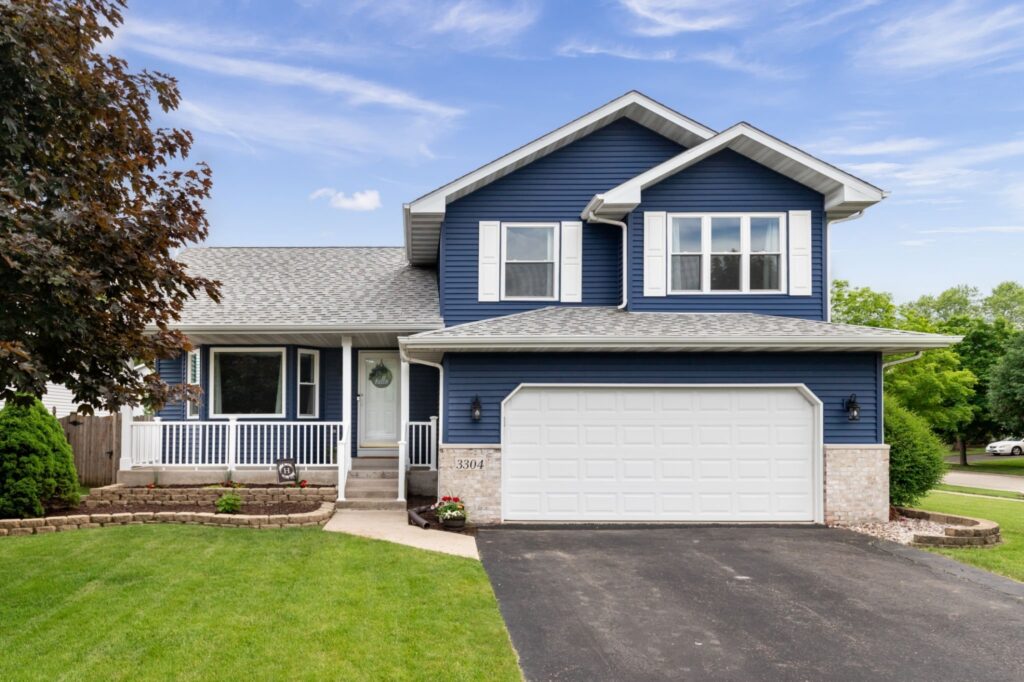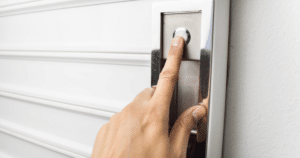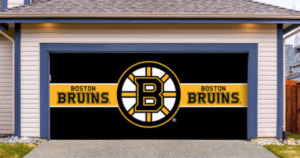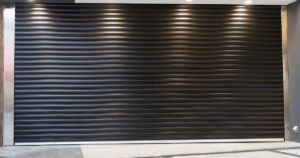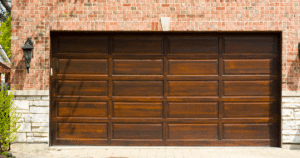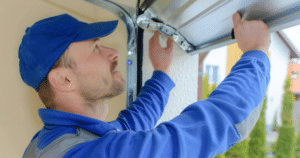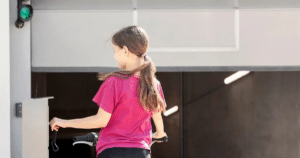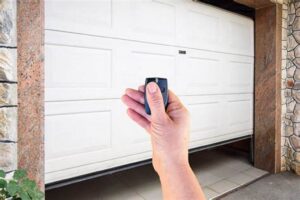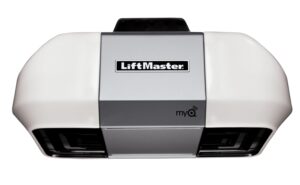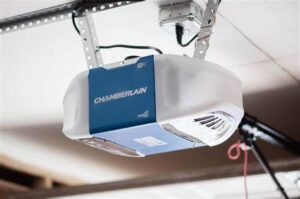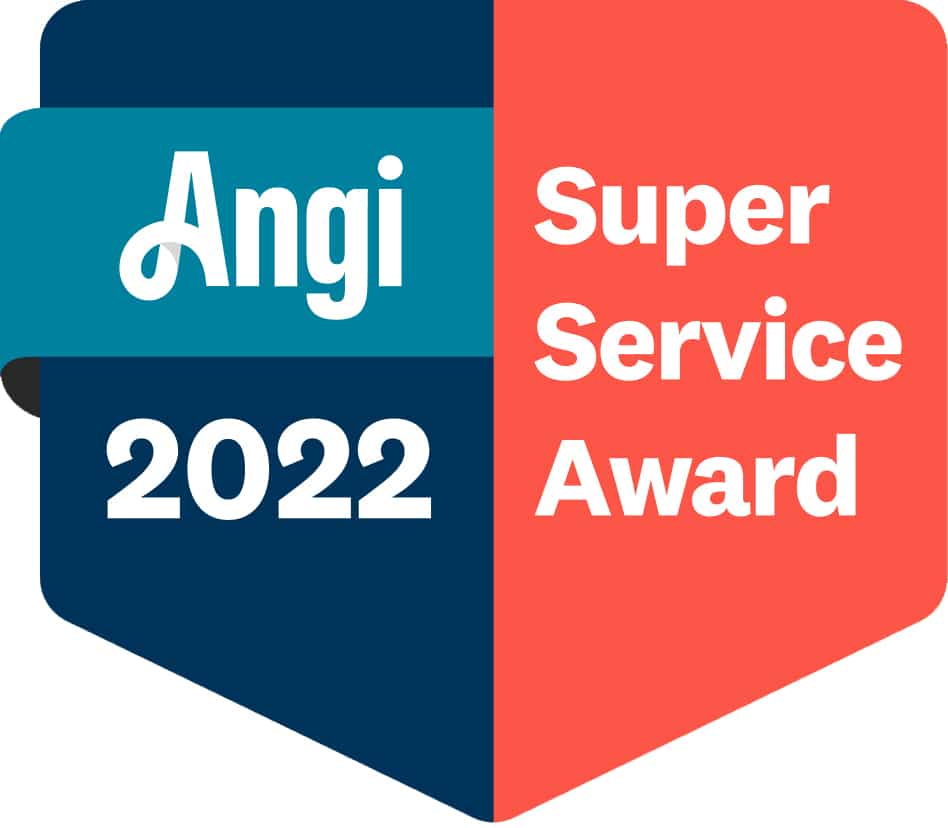Springs are a fundamental part of many mechanical systems, and they come in a wide variety of shapes, sizes, and materials. Two of the most common types of springs are torsion springs and extension springs. These two types of springs may look similar, but they function quite differently.
The Importance of Garage Door Springs
Garage door springs play a crucial role in the operation of a garage door. They are responsible for lifting the majority of the door’s weight, making it easy for the opener to lift and close the door. Without functional springs, it would be much more difficult and potentially dangerous to open and close a garage door manually.
In short, garage door springs play a vital role in the operation of a garage door. Without them, it would be much more difficult to lift and close the door, and it could be potentially dangerous to open and close the door manually. Torsion and extension springs have different functions but both important for the proper operation of a garage door. It is important to keep an eye on the age and condition of the springs, as they are under a lot of stress and have a limited lifespan, and when they reach the end of their life, they must be replaced to ensure safe and proper operation of the garage door.
Which is better, Torsion Spring or Extension Spring?
It depends on the specific application and the requirements of the mechanical system. Both torsion springs and extension springs have their own unique advantages and disadvantages, and each is better suited for certain types of applications.
Torsion springs are best for applications that require high levels of torque or rotational force. Because of their round or rectangular shape and relatively short length, torsion springs can handle high-stress levels and are well-suited for applications such as garage door openers and retractable pens. They are also useful in applications where space is limited, as they take up less space than extension springs.
Extension springs, on the other hand, are best for applications that require high levels of tension or linear force. Because of their cylindrical shape and relatively long length, extension springs can handle high-stress levels and are well-suited for applications such as trampolines, industrial machinery, and automotive suspension systems. They are also useful in applications where a force needs to be applied to an object that can move, such as garage door opener Kansas City.
It’s important to note that either torsion or extension springs can be replaced with each other, but they might need to be more efficient. It’s important to consider the specific requirements of the mechanical system before choosing a spring. We at Team Taylor Doors, garage door repair Kansas City, can help you and will be able to guide you through the process of selecting the best type of spring for a given application.
Types of Torsion Spring
There are several types of torsion springs, each with its own unique characteristics and uses. Some of the most common types include:
Single Torsion Springs
Single torsion springs are the most basic type of torsion spring. They are used in applications that require a single point of support and are typically used in light-duty applications such as screen doors and appliance lids.
Double Torsion Springs
Double torsion springs are similar to single torsion springs, but they have two sets of legs that are wound in opposite directions. This provides greater stability and support for the spring, and they are typically used in medium-duty applications such as garage door openers.
Spiral Torsion Springs
Spiral torsion springs are similar to single torsion springs, but they have a spiral shape that provides greater torque and stability. They are typically used in high-torque applications such as clock winding mechanisms and machinery.
Conical Torsion Springs
Conical torsion springs have a cone-shaped design that allows them to withstand higher torque and tension. They are typically used in heavy-duty applications such as commercial garage door openers and industrial machinery.
Tapered Torsion Springs
Tapered torsion springs are designed with one end that is larger than the other. They provide a gradual increase in torque as they are wound, making them useful in applications where a precise level of torque is required.
Compression Torsion Spring
They are used in combination with another type of spring and are generally installed between the extension spring and the torsion spring. It helps to balance the load and provides a smoother operation of the garage door.
It’s important to note that these types of torsion springs are not mutually exclusive. Some of them can be combined to achieve different goals. For example, a double torsion spring may have a spiral shape, or a tapered torsion spring may have a conical shape. The choice of the type of torsion spring will depend on the specific requirements of the application.
Types of Extension Spring
Like Torsion springs, Extension springs also have several types, each with its own unique characteristics and uses. Some of the most common types include:
Open-Loop Extension Springs
Open-loop extension springs are the most basic type of extension spring. They are used in applications that require a single point of support and are typically used in light-duty applications such as screen doors and small machinery.
Closed-Loop Extension Springs
Closed-loop extension springs are similar to open-loop extension springs, but they have two ends that are connected, creating a loop shape. This provides greater stability and support for the spring, and they are typically used in medium-duty applications such as garage door openers.
Spiral Extension Springs
Spiral extension springs are similar to open-loop extension springs, but they have a spiral shape that provides greater tension and stability. They are typically used in high-tension applications such as suspension systems and machinery.
Conical Extension Springs
Conical extension springs have a cone-shaped design that allows them to withstand higher tension and compression. They are typically used in heavy-duty applications such as commercial garage door openers and industrial machinery.
Tapered Extension Springs
Tapered extension springs are designed with one end that is larger than the other. They provide a gradual increase in tension as they are stretched, making them useful in applications where a precise level of tension is required.
Dual Extension Springs
Dual extension springs are two extension springs that are installed on either side of the door and work together to provide greater lift and support to the door. They are typically used in commercial and industrial settings where a heavy-duty door is needed.
It’s important to note that these types of extension springs are not mutually exclusive. Some of them can be combined to achieve different goals. The choice of the type of extension spring will depend on the specific requirements of the application and the door size, weight, and level of use.
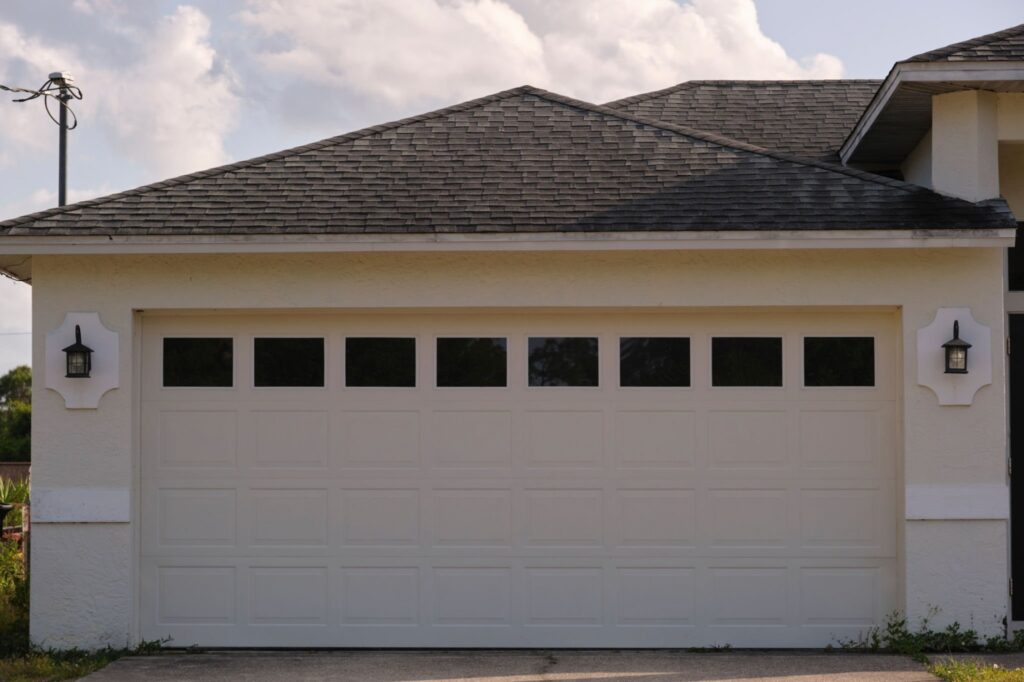
Best Spring for Residential Garage Door
For residential garage doors, torsion springs are typically considered the best option. Torsion springs are specifically designed for applications that require high levels of torque, which is the perfect requirement for lifting a heavy garage door.
The torsion spring is located above the garage door, typically mounted on a metal shaft above the door. When the door is closed, the torsion spring is wound tightly, storing energy. When the door is opened, the spring releases this energy, lifting most of the door’s weight and making it easy to lift and close.
One of the main advantages of torsion springs is their durability and longevity. When properly installed and maintained, torsion springs can last for many years and thousands of open and close cycles. They are also relatively easy to repair or replace, making them a cost-effective option for residential garage doors.
Additionally, the torsion spring system only takes a little space, so it works well for garages with limited headroom. They are also available in different weight capacities to suit different sizes and weights of garage doors.
It’s important to note that torsion springs are under a lot of stress and have a limited lifespan, and when they reach the end of their life, they must be replaced to ensure the safe and proper operation of the garage door.
Best Spring for Commercial Garage Door
For commercial garage doors, both torsion springs and extension springs can be used, depending on the specific requirements of the application.
Torsion springs, as I mentioned earlier, are specifically designed for applications that require high levels of torque, making them suitable for lifting heavy garage doors. They have good durability and longevity and are relatively easy to repair or replace. Torsion springs also take up less space which can be beneficial for commercial garages with limited headroom.
Extension springs, on the other hand, are designed for applications that require high levels of tension or linear force. They are typically located on either side of the garage door and run along tracks parallel to the door. When the opener activates, it pulls on cables attached to the extension springs, stretching them and causing them to lift the door.
Commercial garage doors, especially the large rolling steel doors, require a lot of force to lift, so the choice between torsion and extension springs will be based on the door size, door weight, and the amount of headroom in the garage.
Torsion springs tend to be more expensive than extension springs, but they also last longer and require less maintenance, making them more cost-effective in the long run. Extension springs are more budget-friendly, and they are an excellent choice for commercial garage doors that require high cycles and are not as heavy.
It’s important to consult with a professional garage door technician or an engineer to determine the best type of spring for your commercial garage door based on the specific requirements of your application. A professional technician will have the knowledge, expertise, and equipment to properly install and maintain the spring system for a commercial garage door to ensure safety and proper function.
CHOOSE GARAGE DOOR PROFESSIONALS
Are you in need of new garage door springs for your residential or commercial property? Look no further than Team Taylor Doors. Our springs are made from high-quality materials and are built to last. We also offer professional installation services to ensure that your new springs are installed correctly and safely. In addition, we have a wide range of options to fit any budget. Don’t settle for insufficient springs. Trust the experts at Team Taylor Doors in Kansas City to keep your garage door running smoothly.

